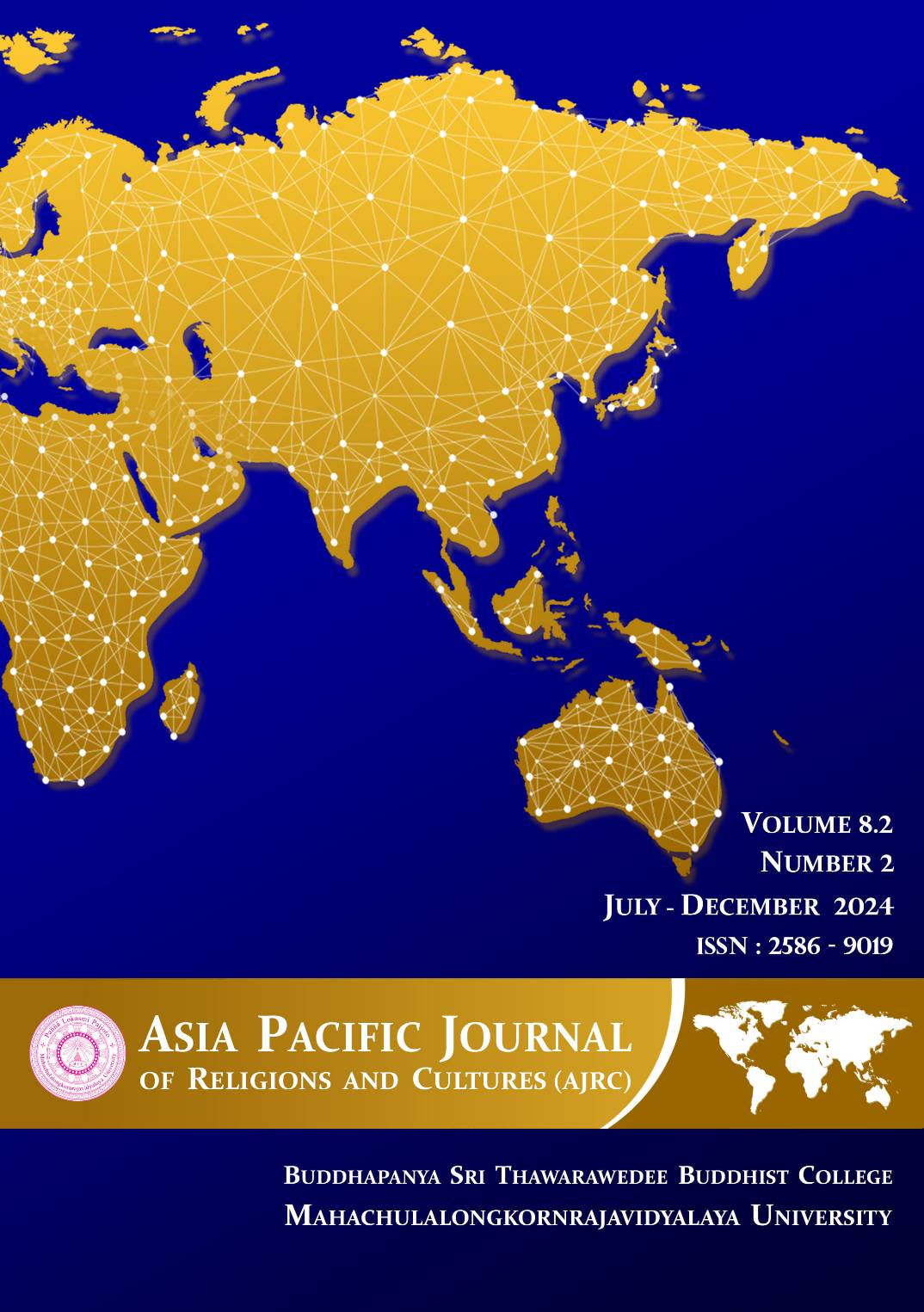THE INVOLVEMENT IN THE CANAL WATER POLLUTION MANAGEMENT
Main Article Content
Abstract
Canal water pollution management is a collaborative effort involving government agencies, local communities, industries, NGOs, and academic institutions. Government agencies set regulations and provide funding for pollution control initiatives. Local communities engage in educational programs and lead clean-up efforts, fostering awareness and responsible waste disposal. Industries can reduce their pollution by adopting sustainable practices and supporting local initiatives through Corporate Social Responsibility (CSR). NGOs advocate for environmental health by researching pollution sources and mobilizing community action. Academic institutions offer valuable research that guides management practices. Public participation enhances accountability and encourages sustainable resource management. Integrated approaches that address the interconnectedness of pollution sources are essential for effective management. Ultimately, successful canal water pollution management depends on the cooperation of all stakeholders, leading to solutions that protect water resources and ensure the sustainability of canal ecosystems.
Article Details

This work is licensed under a Creative Commons Attribution-NonCommercial-NoDerivatives 4.0 International License.
References
Amnat Wongbandit. (2019). Environmental Law. 4th edition. Winyuchon Publication.
Constitution of the Kingdom of Thailand. B.E. 2017. (6 April 2017). Royal Gazette. Volume 134. Chapter 40 A.
Mahidol University Learning Innovation Institute. (2023). Water Pollution Problems.Source:https://il.mahidol.ac.th/e-media/ecology/chapter3/chapter3_water6.htm. accessed January 2, 2024.
Office of the National Economic and Social Development Council. Goal 6: Ensure water and sanitation have sustainable management and availability for everyone. (SDGs open data 2023).
Phra Dhammakosajarn (Prayoon Thammachitto). (2006). Buddhist Methods of Administration.4thedition. Bangkok: Mahachulalongkornrajavidyalaya.
Sanoh Tiyaw. (2001). Principles of Administration. Bangkok: Thammasat University.
Textile Industry Faculty, Rajamangala University of Technology Krungthep. (2023). Guide to Environmentally Friendly Wastewater Treatment Using Biological Machinery. Source: https://dspace.rmutk.ac.th/bitstream/handle/123456789/355/Water_2.PDF?sequence=1&isAllowed=y, accessed January 6, 2024.


